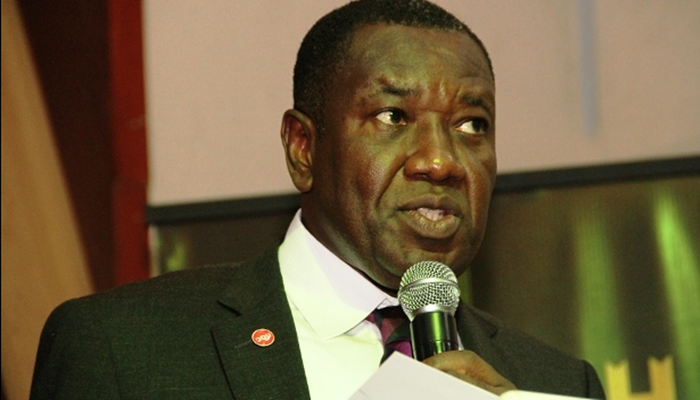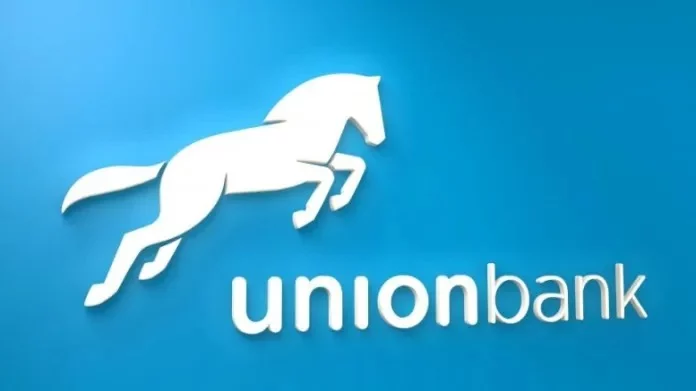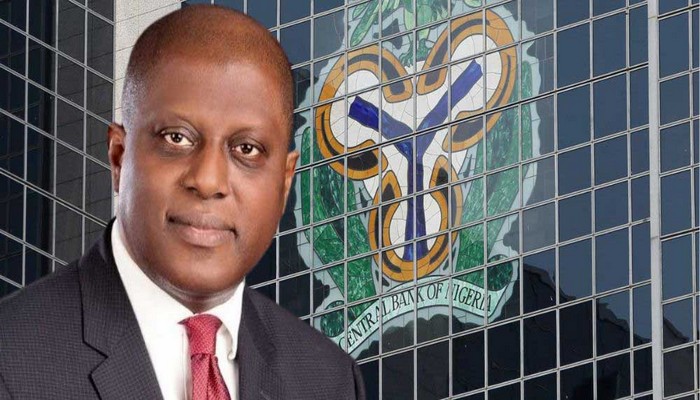NECA calls for concerted efforts at ERGP implementation for sustainable economic recovery

The Nigerian Employers Consultative Association (NECA) has called on the Federal Government to see to ensuring there are concerted efforts at implementation of the Economic Recovery and Growth Plan (ERGP) to boost confidence of both local and international investors in the Nigerian economy and generate additional investment which appears critical to building a sustainable recovery.
Speaking at a press conference in Lagos on Thursday, the President of NECA, Mr Larry Ettah, said the review of the Nigerian Bureau of Statistics (NBS) shows marginal growth recorded in Q2 2017 is weak and fragile.
He also said the domestic interest rates are too high for the productive sector.
Ettah says: “The National Bureau of Statistics reported that the Nigerian educational economy grew in real terms for the first time in 15 months in the second quarter of 2017. However, while the exit from recession is positive, a detailed review of sectorial performance suggests that weaknesses persist and the Nigerian economy still remains very fragile.
“The data from NBS, revealed that only three of our largest sectors recorded strong growth in the second quarter namely finance and insurance (10.45%), agriculture (3.01%) and crude petroleum and natural gas (1.64%). Other sectors were either too small or their growth rates too marginal for their rates of growth to matter.
“Our review of the NBS’ Gross Development Production data showed that the marginal growth recorded in Q2 2817 is weak and fragile. Additional measures are required to ensure growth is sustainable and the economy does not relapse into recession.
“We recommend very strongly concerted efforts in implementation of the ERGP in order to boost confidence of both local and international investors in the Nigerian economy and generate additional investment which appears critical to building a sustainable recovery.
“The report for the Q2 confirmed the dire situation in most economic sectors including manufacturing, trade, telecommunications, hotels and restaurants, construction, real estate, transport and professional services. The report also shows the poor state of our social sector, as revealed by the recession in both education and health. It is clear that policy response is yet to reverse these unfortunate trends.”
According to him, the government needs to adopt specific, targeted and effective policies to attract and promote private capital investment in the Nigerian economy, especially into infrastructure and industry.
“So far, it does not appear as if the rhetoric in ERGP to make markets work and leverage private capital as the engine of growth has been matched by appropriate policy responses. We retain the review that domestic interest rates are too high for the productive sector and monetary policy must abandon its tightening posture to both reduce interest rates and support better GDP growth.
“We urge government to adopt stronger and more effective policy responses to ensure a robust and sustainable economic recovery growth, as we expect global crude oil prices to be by-and-large stable into the medium term, but there are global technology and energy trends that could drive prices downward in the long term” he said.






